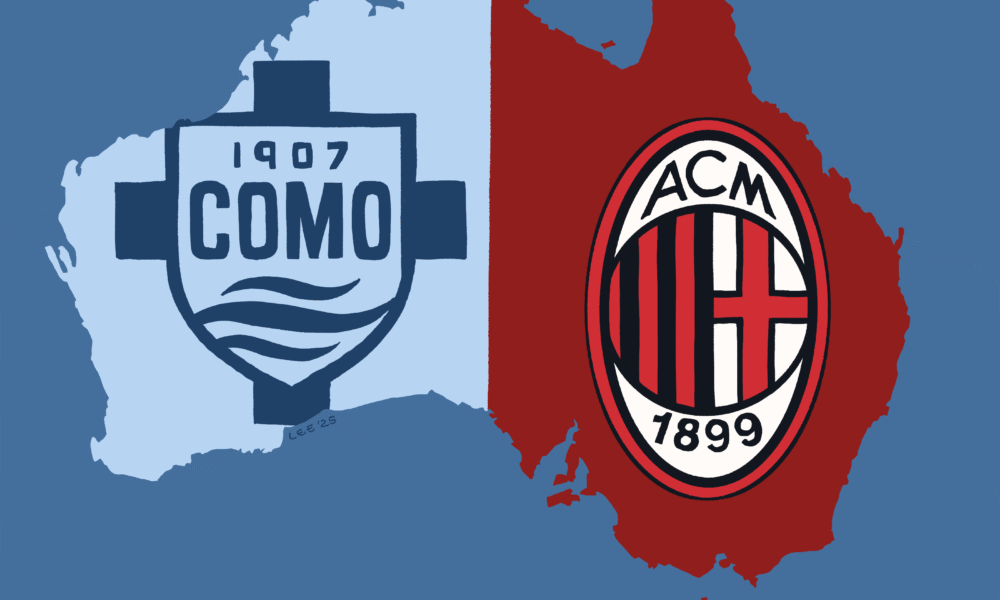A significant shift has taken place in the world of European football, as the Union of European Football Associations (UEFA) has provisionally approved domestic league matches for Lega Serie A and LaLiga to be played outside their home countries. Specifically, UEFA has approved a proposed match between AC Milan and Como 1907 in Perth, Australia, and a planned match between FC Barcelona and Villarreal CF in Miami, U.S. The UEFA emphasized that these decisions were exceptions and should not be viewed as a common occurrence. As leagues like the UEFA explore new revenue streams and aim to reach broader audiences worldwide, the debate of how these international ambitions clash with the interests of domestic supporters intensifies.
Fans of the games moving overseas argue that these matches represent an inevitable step in soccer’s spread across the globe. Both Serie A and LaLiga have long searched for ways to grow their international audiences, particularly in regions such as North America and Asia, where the Premier League already dominates soccer viewership and sponsorship revenue.
Organizers say hosting games abroad will strengthen fan engagement, attract new investors, and showcase the quality of their leagues to emerging markets. In Perth, tourism officials have already projected an economic boost from the AC Milan and Como 1907 match set for early February 2026, with thousands of international visitors expected to attend. This worldwide move reframes soccer clubs as a means of global entertainment rather than local institutions.
However, the UEFA’s language of ‘regret’ when discussing the move highlights the enduring tension between their commercial goals and traditional practice. The union approved the matches abroad only after lobbying from the leagues and insisted they be treated as one-off exceptions, not as a new model for competition. Even after approval, some games have already been cancelled; LaLiga scrapped its proposed Miami game due to logistical and stakeholder opposition issues.
Critics argue that holding league games abroad undermines the fundamental principle that teams play in front of, and for, their home supporters, on home soil. Soccer fan associations have also voiced frustration, arguing these moves centre profit over loyalty. Many fans view this transition as a harsh betrayal, especially if smaller clubs are forced to sacrifice home-field advantage to satisfy international contracts.
While this move abroad was a surprise, it is not the first proposition of its kind. In 2008, the Premier League proposed a now-abandoned, extra ‘39th game’ to be played overseas; LaLiga’s earlier attempts to play a match in the United States faced legal challenges and public backlash. The persistence of such proposals reflects a larger transformation within global soccer. As broadcasting deals and sponsorships greatly affect scheduling and location, the sport’s traditional boundaries shift with it. Whether these experiments become rare appearances or the first steps toward a globalized domestic season will depend on fan reactions and how far clubs are willing to go in pursuit of global exposure.
As European football reaches beyond its borders, the tension between global opportunity and displeased local fanbases continues to grow. The UEFA’s weary approval displays both acknowledgment of the game’s international appeal and concern over what could be lost for dedicated local fans and communities. For now, the overseas matches in Perth and beyond remain experiments, rather than the norm. Yet as clubs and leagues continue to chase global audiences, the question of whether the world’s most popular sport will expand its horizons or stay loyal to its long-time traditions and communities still looms.









